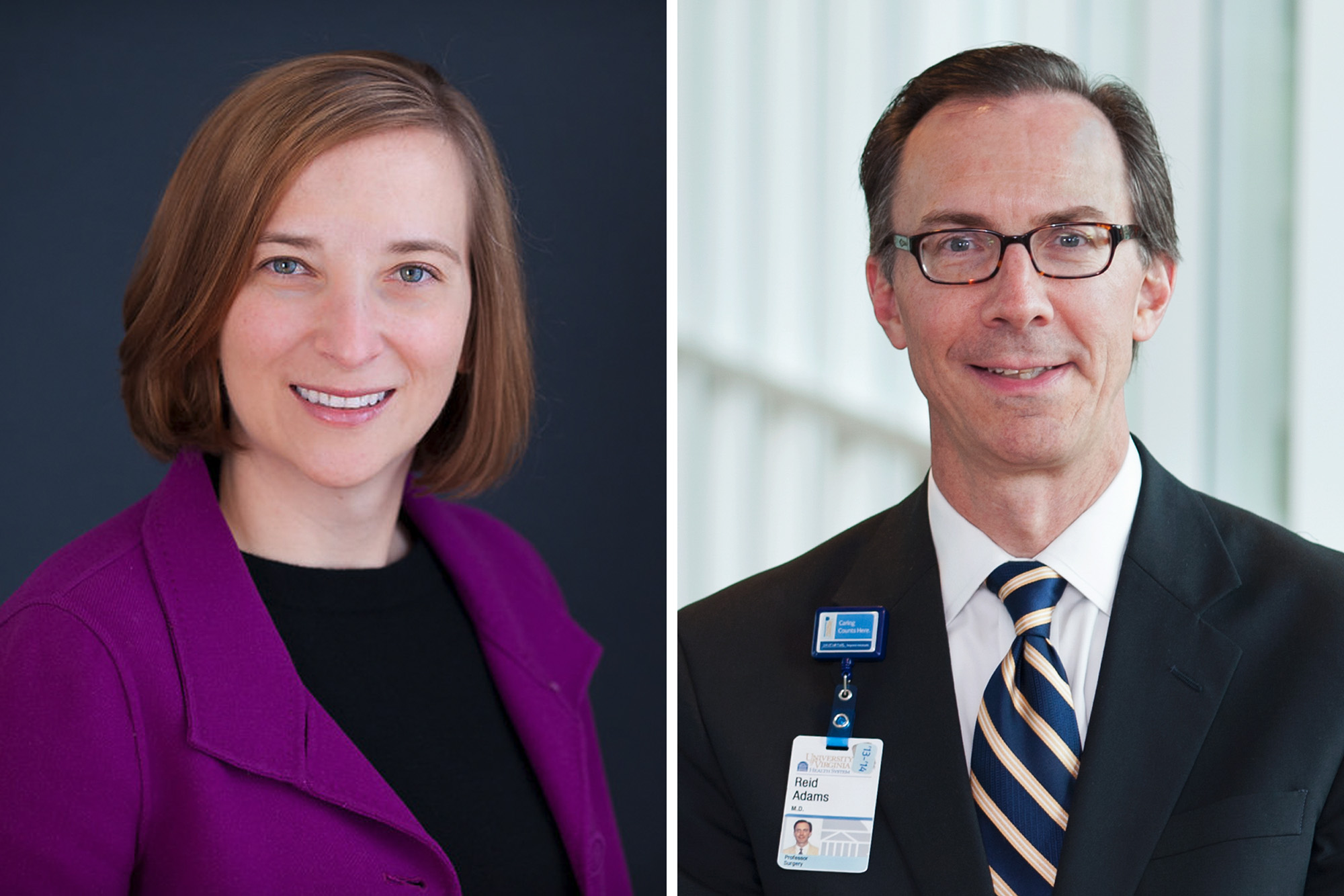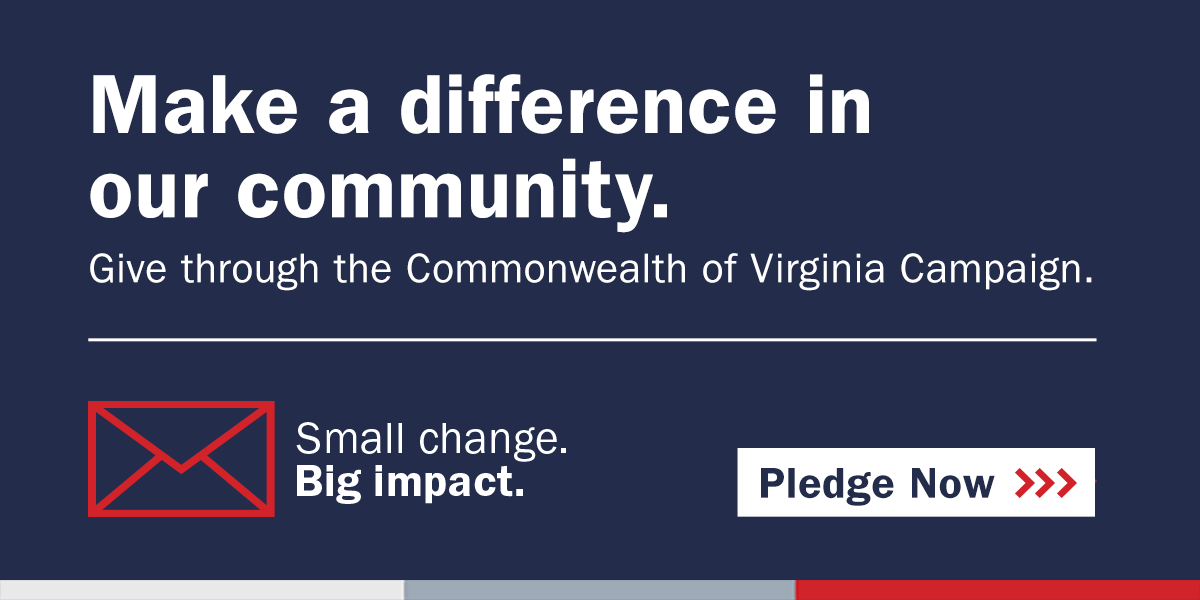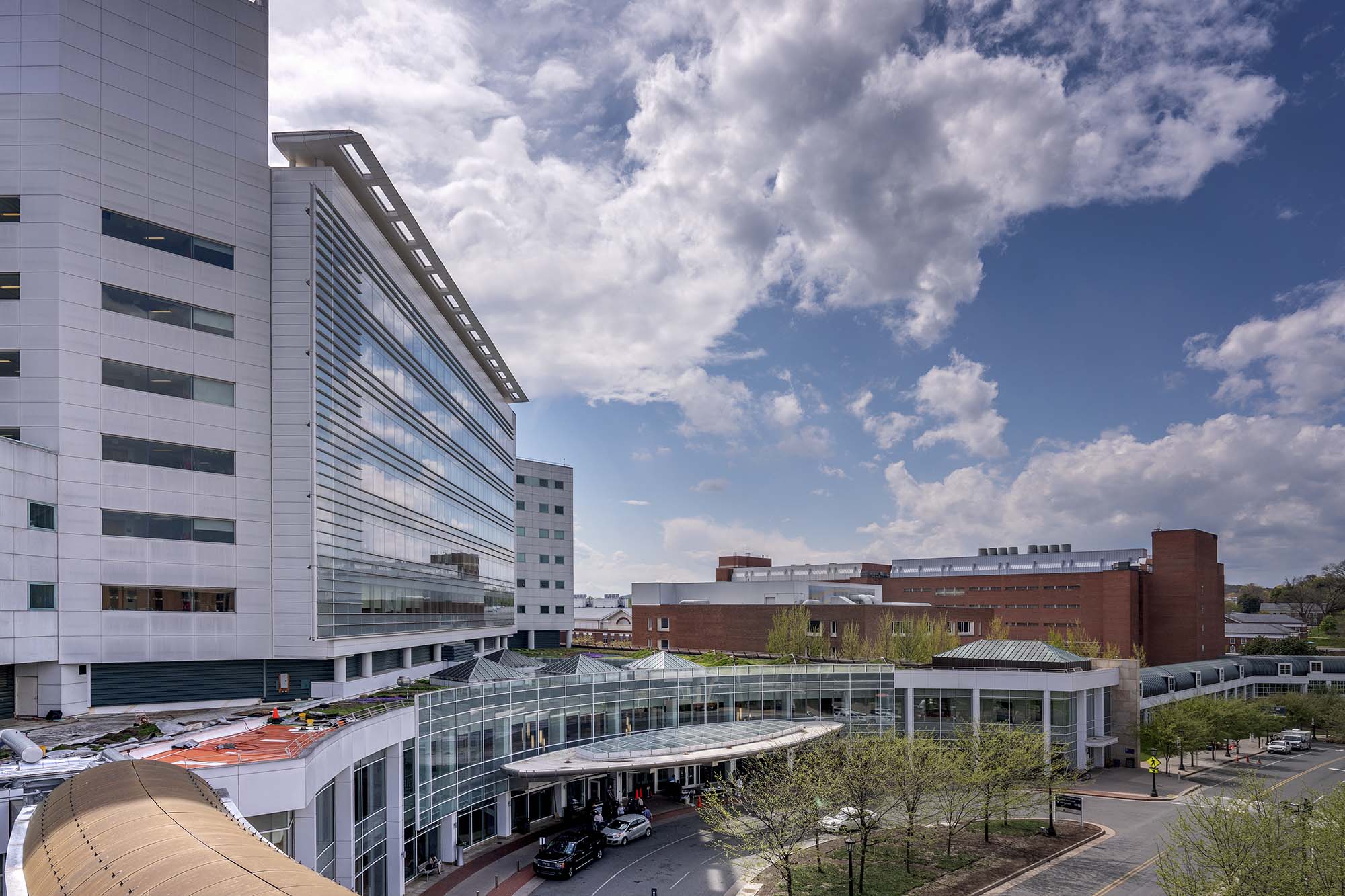As COVID-19 cases spike again across the country, leaders at UVA Health have continued to plan and prepare for a possible surge, working through staffing plans, supplementing reserves of personal protective equipment and applying lessons learned from the pandemic so far.
Fortunately, the Charlottesville region has experienced relatively low numbers of COVID-19 cases and deaths to this point. However, cases across the country have increased rapidly over the past month, with the U.S. facing more than 12.3 million COVID-19 cases and more than 256,000 deaths in the leadup to the Thanksgiving holiday. Public health officials worry that cases will spike even further as cooler weather drives people inside, and people gather for the holidays.
“It is absolutely critical for everyone to follow Centers for Disease Control guidelines to take care of themselves and their families,” Dr. Reid Adams, chief medical officer at UVA Medical Center, said. “People want to see their families and do normal things for the holiday season, but unfortunately that is not safe in the middle of a pandemic. Staying at home and avoiding large gatherings is one of the most important mitigation strategies we have right now.”
We spoke with Adams and UVA Medical Center Chief Executive Officer Wendy Horton about UVA Health’s preparations and plans for the coming months.

Wendy Horton, left, is the chief executive officer of the UVA Medical Center, and Dr. Reid Adams, right, is the chief medical officer. (UVA Health photos)
Q. Though COVID-19 numbers remain relatively low locally, they are surging nationally. What is UVA Health doing to prepare?
Horton: A top priority was making sure that we have really good personal protective equipment for our staff. Just last week, we purchased even more to make sure that we will be adequately prepared for a possible surge. We have also learned a lot about this virus, and have had months of experience now in treating COVID-19 patients. Every day, we have learned more about how to approach this virus and this pandemic. We have been given the gift of time, with relatively few cases, and we believe we have put that to good use.
Adams: We have also increased the amount of testing we are doing, both in the community and among staff, faculty and patients in the hospital. This is important to help us identify asymptomatic cases early on in the disease process, so that we can get those people appropriate care, and also help them quarantine and minimize the risk of exposure for others.
Q. How are UVA Health leaders working to ensure that there will be enough staff available in the event of a sharp spike in cases?
Adams: We have continued to aggressively recruit and hire staff. Hospitals around the country are facing staff shortages, so it is a highly competitive market, but we have been successful in hiring new people to come and join our team.

Despite that, staffing is still tight both here and nationwide, and we have come up with a number of alternate staffing plans in case of a sudden surge, to help us change our staffing around and bring people in to help care for COVID-19 patients as needed.
Horton: We have also been making sure that we have people in the right positions, not only for care providers, but also for positions that support nurses and other care providers, such as patient transporters or patient companions. These roles provide critical support and help take pressure off of nurses and other groups.
Q. How might an increase in COVID-19 cases affect other operations at UVA Health, such as elective surgeries?
Adams: A key part of our planning is balancing COVID cases with other needs and operations. We do not anticipate that we will be overrun to the point of not being able to do other operations, so our planning has focused on which operations might need to decrease as COVID cases increase, and then how we would bring those operations back on as COVID cases go back down.
That will be a daily and weekly balance depending on how many COVID cases we see and how we need to reassign staff. We have a graded plan based on the number of COVID patients, to guide us as we change those operations.
Q. What have we learned so far about treating COVID-19, and how can those lessons help health care providers and patients in the coming months?
Adams: We have learned a lot, both internally and externally. UVA has done a number of clinical trials related to the care of COVID patients, and some of that work has led to approval of medications and treatments now being used across the country. In addition to the trials, we have also learned a lot about how to provide optimal care to COVID patients.
Our overall results here have been very good, and we have seen very good outcomes for the COVID patients that have come here for care.
Horton: The survival rate among patients at UVA Health has been exemplary, when compared with other locations. Our staff has done a great job of taking care of the sickest of the sick, and doing everything they can to help those patients survive and heal.
Adams: We have also seen a lot of good news on the vaccine front recently. We have been working on a plan to provide vaccinations, in anticipation of a vaccine becoming available soon, hopefully in mid-December. The CDC will determine distribution plans at the federal level, but we know that high-risk health care workers and other essential workers will likely be a top priority initially.
Read more about preparations for a vaccine and vaccine distribution.
Media Contact
Article Information
November 24, 2020
/content/qa-how-uva-health-preparing-potential-covid-19-surge

